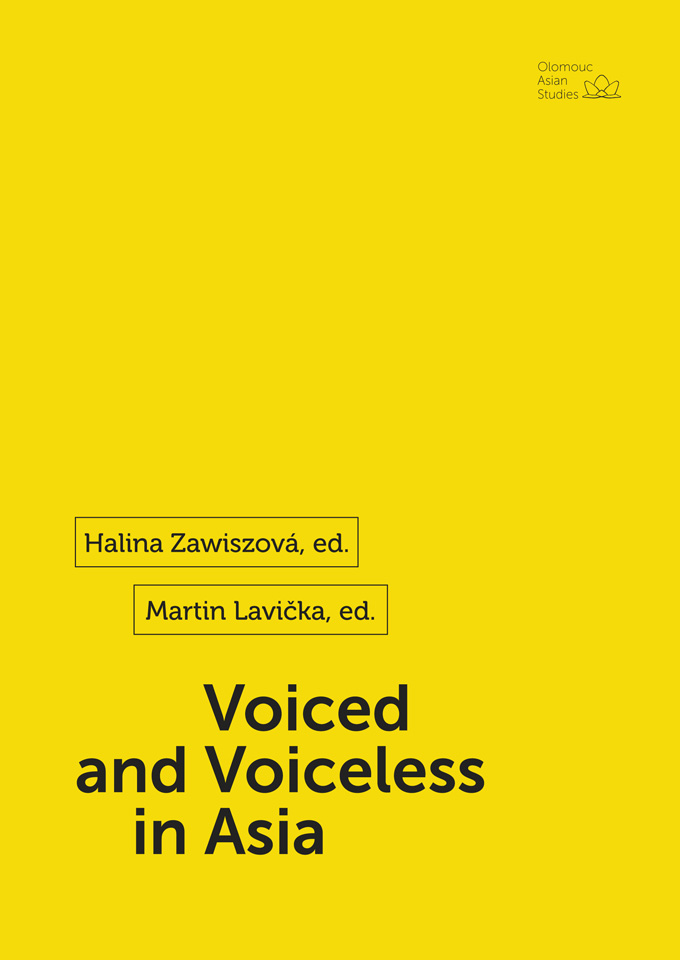Personalized Propaganda: The Politics and Economy of Young, Pro-government Minority Vloggers from the XUAR
Personalized Propaganda: The Politics and Economy of Young, Pro-government Minority Vloggers from the XUAR
Author(s): Rune Steenberg, Tenha Seher
Subject(s): Social Sciences, Ethnic Minorities Studies
Published by: Univerzita Palackého v Olomouci
Keywords: XUAR; Uyghurs; state propaganda; personalized propaganda; social media;
Summary/Abstract: This paper introduces a new genre of Chinese online propaganda about the Xinjiang Uyghur Autonomous Region (XUAR) that we call personalized propaganda. It takes the shape of personal vlogs and short videos by young minority people showing their lives and debating political topics in line with the ideology of the Chinese Communist Party (CCP). The paper describes and contextualizes this phenomenon and argues that, unlike what the videos seek to portray, these political influencers are supported and coordinated by the government while also deriving much incentive from the private market of media platforms that help turn such videos into business opportunities. We see the phenomenon of personalized propaganda as a synthesis of state propaganda, social media, the gig economy, and the commercialization of personal space. The videos analyzed for this paper are similar to those of other young vloggers and influencers using social media platforms to earn money in China and elsewhere. What is special about them is their explicit political content and close alignment with CCP narratives and that they are produced by young minority people in Xinjiang at a time when the region is under massive pressure from the government and security apparatus. Based on an analysis of seven ethnic minority vlogger accounts with a total of over 2,000 videos, their videos and the personal interconnectedness of the vloggers in question, we argue that these schemes of personalized propaganda are likely to have been started by state-sponsored programs that subsequently help facilitate commercial success on social media platforms. We also hope to make a contribution to the establishment of an epistemological frame and an analytical set of tools for the online ethnography of places with limited access, high surveillance and securitization.
Book: Voiced and Voiceless in Asia
- Page Range: 179-205
- Page Count: 27
- Publication Year: 2023
- Language: English
- Content File-PDF

